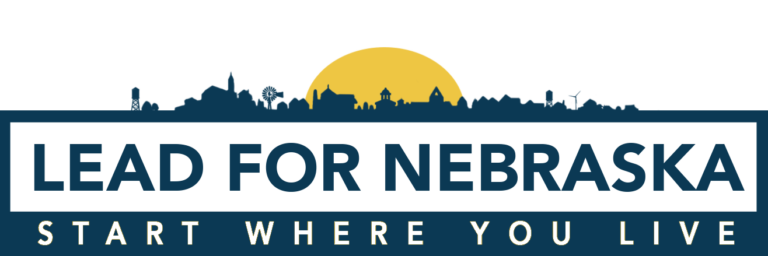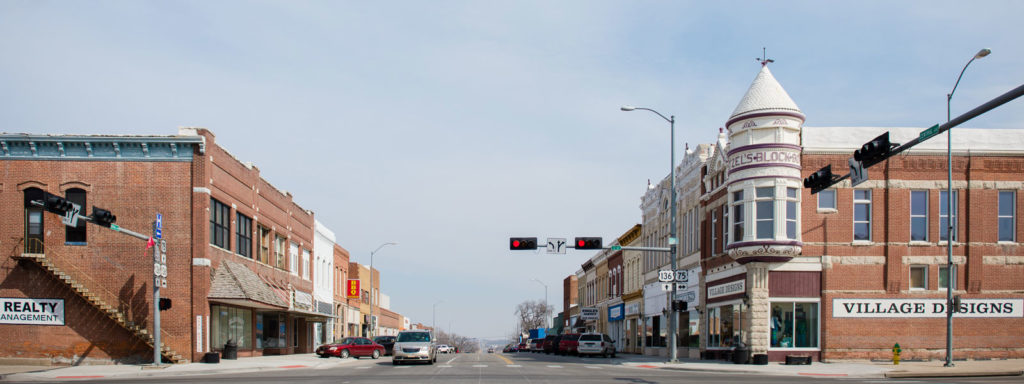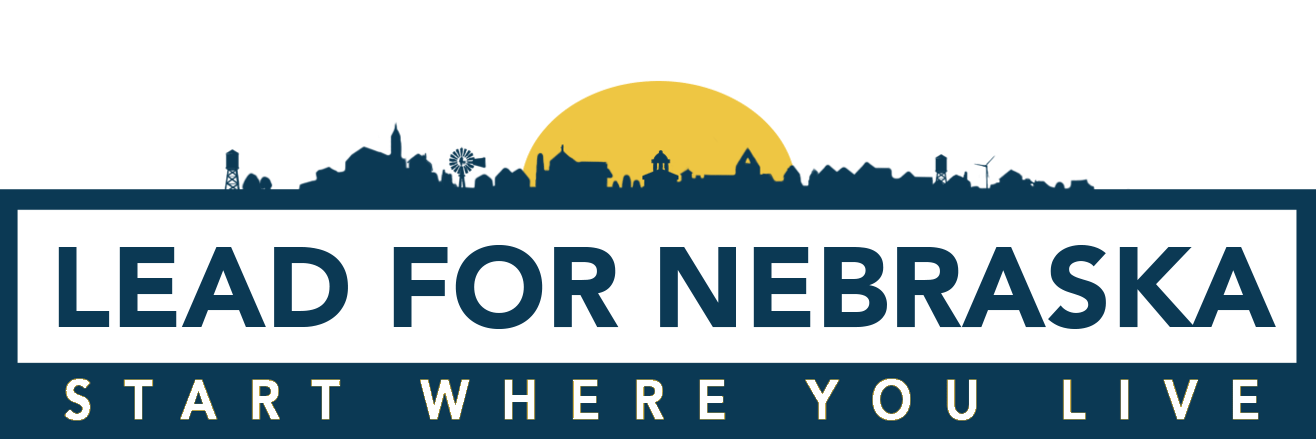
The Rural Impact Hub announced the launch of a statewide initiative called Lead for Nebraska (LFNE) this week. This partnership, with the nationally recognized nonprofit Lead for America (LFA), will bring 18 fellows to host sites across the state to empower their communities, promote the growth of broadband internet access, digital literacy and help spur economic growth across the state.
Beginning in March 2021, the Rural Impact Hub, headquartered in Auburn, Nebraska, will be accepting applications for host communities and fellowship positions statewide. Young adults, recent college graduates, and communities interested in hosting a fellow can learn more here.
“Our vision at the Rural Impact Hub is rooted in using community engagement and entrepreneurial thinking for the betterment of all rural Nebraska communities,” said Rural Impact Hub founder Brent Comstock. “Our mission has been led by two principles – engage people for community growth and give young people in the state a path back to their communities where they can make an impact. These ideals have led us to form a strong partnership with Lead for America.”
Based in Dodge City, Kansas, the national organization, Lead for America seeks to direct homegrown talent where it’s needed most — in towns and counties where challenges outpace resources available. LFA has more than 90 fellows in 81 communities across the country. Combined, these fellows have leveraged more than $17 million for their communities and impacted the lives of more than 13.5 million people.
“Lead for America is thrilled to partner with BCom Solutions and the Rural Impact Hub to cultivate Nebraska’s next generation of community-rooted, transformational leaders,” said Lead for America CEO Joe Nail. “Carrying forward the mission of the Rural Impact Hub to strengthen the economic and relational fabric of communities across the state, we believe that Lead For Nebraska will challenge the narrative that you have to leave rural America to make an impact, building thriving and resilient communities for all Nebraskans.”
During a two-year term, fellows will partner with communities to tackle one of the greatest challenges for rural Nebraska – the digital divide. Fellows will help communities gather resources and create a strategy to bring broadband to rural communities, increasing digital literacy to leverage access for those who have it all while spurring economic development.
Rebecca Johnson who leads programming for the Rural Impact Hub, said of the mission, “Now more than ever, we see the need for equitable broadband access for all Nebraska communities. By increasing and leveraging rural broadband access, economic development and engagement, Lead For Nebraska, its host communities and fellows will help rural communities focus on growth in a digital era.”
Learn more about Lead For Nebraska and how you or your community can get involved here or by emailing the program director, Rebecca Johnson, at rebecca@bcomonline.com.



